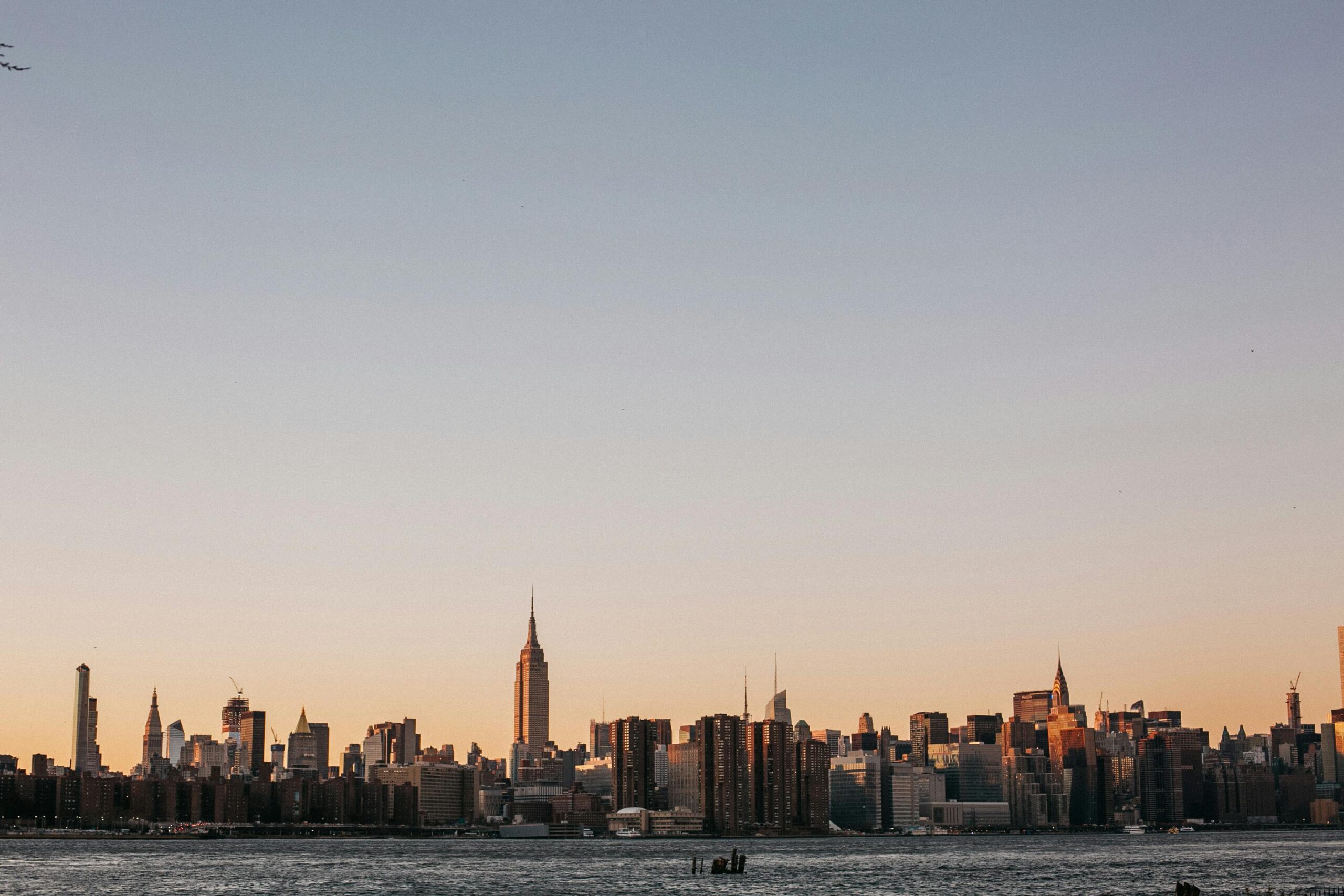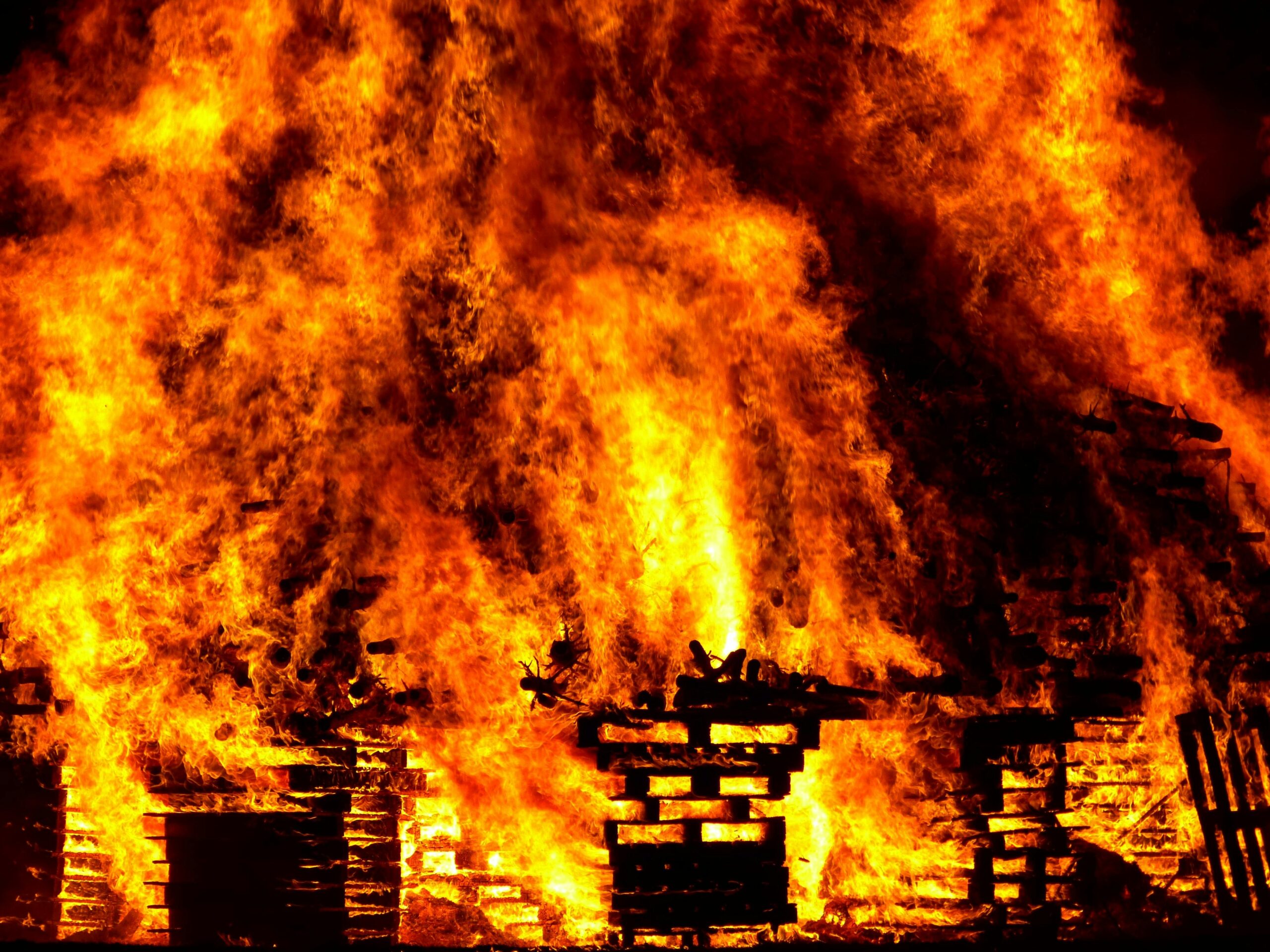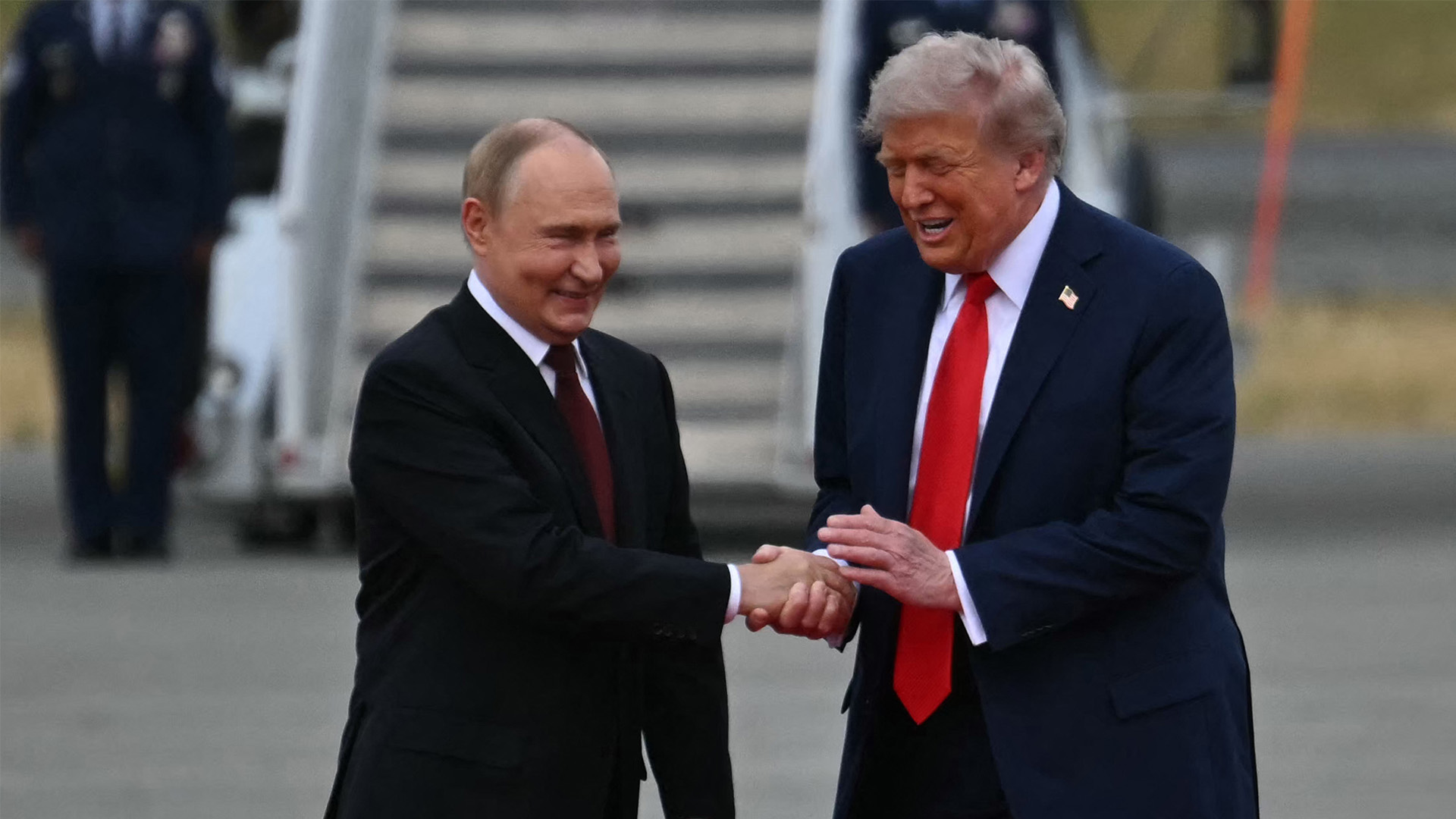The White House confirmed that 450 officers from 18 federal agencies were deployed across Washington, D.C., on Aug. 9 and 10 as part of former President Donald Trump’s latest public safety initiative in the nation’s capital. The agencies involved include the Federal Bureau of Investigation (FBI), the Drug Enforcement Administration (DEA), and the U.S. Secret Service.
The move follows Trump’s Aug. 8 directive to increase federal law enforcement presence in high-traffic areas and other crime “hotspots.” While the city’s violent crime rate has been declining sharply — down 35% in 2024, the lowest level in more than 30 years — Trump has argued that additional measures are needed to address safety and quality-of-life concerns in the capital.
According to the Washington Post and New York Times, the administration is temporarily reassigning 120 FBI agents to conduct nighttime patrols. White House spokeswoman Abigail Jackson told USA TODAY that the increased presence was in direct response to violent crime. “In just a few nights, federal law enforcement officers have already played a vital role in deterring crime, arresting criminals, and getting dangerous drugs and weapons off the streets,” Jackson said.
Trump is expected to unveil a broader plan on Aug. 11 in a White House news conference titled “Crime and Beautification.” In an Aug. 10 social media post, he described the initiative as targeting not only crime but also “Cleanliness and the General Physical Renovation and Condition of our once beautiful and well maintained Capital.”
The plan is also expected to address homelessness in D.C., with Trump taking a hardline stance. “The Homeless have to move out, IMMEDIATELY,” he wrote, promising to provide accommodations “FAR from the Capital.”
Despite the steep drop in crime — including a 32% fall in homicides, 39% drop in robberies, and 53% decline in armed carjackings in 2024 — Trump has maintained that federal intervention is necessary. His latest deployment marks one of the largest concentrated uses of federal officers in the city outside of major security events.
The announcement has drawn both praise from supporters who see it as a firm approach to public safety, and criticism from opponents who question the need for such a large-scale federal presence given the city’s improving crime statistics.


